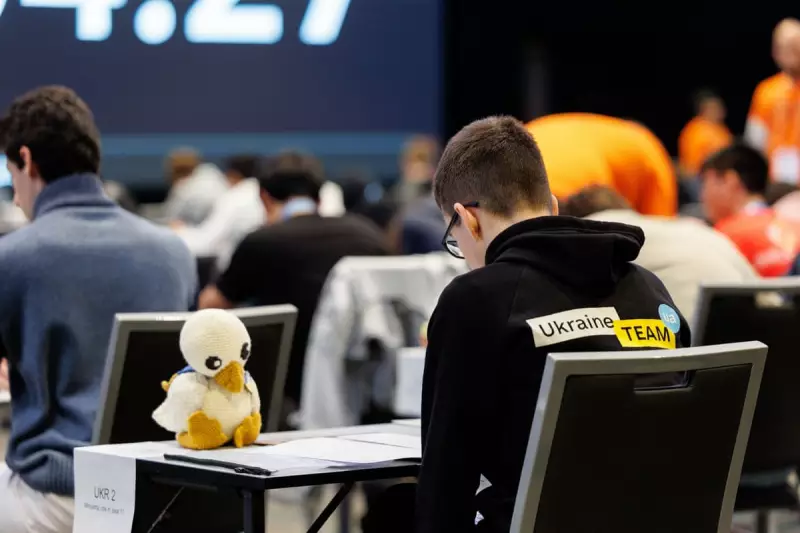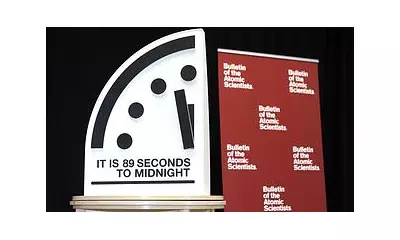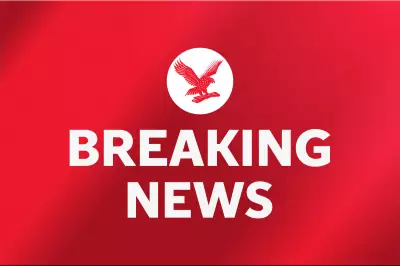
In a world often divided by politics and conflict, an unlikely stage for unity has emerged: the International Mathematics Olympiad (IMO). This year's event saw brilliant young minds from traditionally rival nations collaborating over complex equations, proving that numbers might just be the universal language of peace.
Equations Over Borders
The 2025 IMO brought together students from over 100 countries, including several with strained diplomatic relations. Observers noted remarkable moments of cooperation as competitors worked through challenging problems together during unofficial study sessions.
The Common Denominator
"When you're staring at an unsolved problem, nationality becomes irrelevant," remarked Dr. Elena Petrov, a former gold medalist now serving as a judge. "The mathematics creates a neutral space where only the solution matters."
Beyond Competition
While the IMO remains a fiercely competitive event, organizers have quietly introduced more collaborative elements in recent years:
- Mixed-nationality problem-solving workshops
- Cultural exchange evenings featuring mathematical games
- Joint lectures by professors from traditionally rival institutions
These initiatives appear to be bearing fruit, with many participants reporting lasting international friendships formed during the competition.
The Future of Maths Diplomacy
Education experts suggest the IMO model could inspire other academic competitions to emphasize collaboration alongside competition. "If teenagers can find common ground through abstract mathematics," notes Oxford's Professor James Chen, "perhaps there's hope for more conventional diplomacy too."
As the 2025 medals are awarded, the real victory may be in demonstrating how shared intellectual pursuits can transcend political divisions - one equation at a time.





